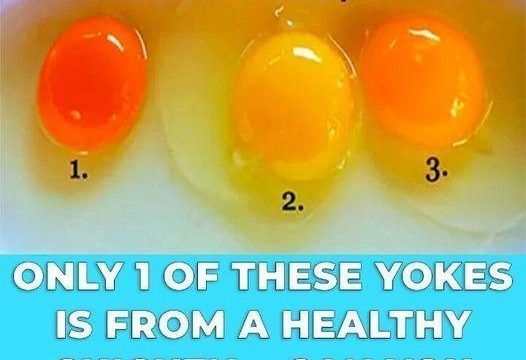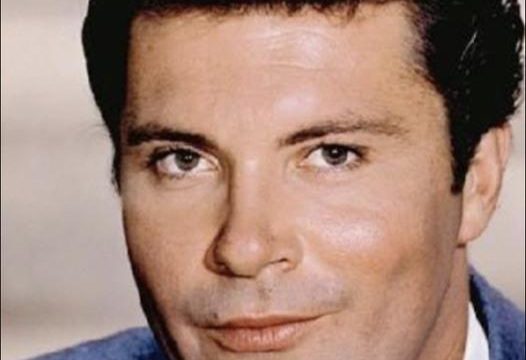7 Signs Your Body May Show One Month Before a Heart Attack
Heart attacks are the leading cause of death in the U.S., with factors like fast-paced lifestyles and unhealthy diets contributing to their rise. Fortunately, there are signs your body can give you as early as a month in advance. Knowing these symptoms and taking action could be life-saving. Along with maintaining a healthy lifestyle and reducing stress, it’s essential to pay attention to these warning signs.

1. Swollen Feet
If your heart is not pumping blood efficiently, it can cause blood to pool in your legs, ankles, and feet, leading to swelling. This is often a sign of congestive heart failure. Swollen feet, especially if they’re accompanied by other symptoms like fatigue or shortness of breath, shouldn’t be ignored.
2. Fatigue
When your arteries narrow, the heart has to work harder to pump blood throughout your body. This can lead to feelings of extreme tiredness and drowsiness, even when performing routine activities. If you feel unusually fatigued, it might be an early indication that your heart is not getting the blood it needs.
3. Shortness of Breath
Your heart and lungs work together, so when the heart struggles to pump blood, the lungs may not receive adequate oxygen. Shortness of breath, even during light physical activity or at rest, is a potential warning sign of an impending heart attack. This symptom should be addressed promptly, as it often means your heart is in distress.
4. Weakness
As your arteries narrow and blood flow becomes restricted, your muscles may not receive the nourishment they need. This can result in overall body weakness and increase the risk of unexpected falls. If you feel suddenly weak without any clear reason, it’s important to take this seriously and consult a healthcare provider.
5. Dizziness and Cold Sweats
Dizziness, accompanied by clamminess or cold sweats, can be a sign of poor blood circulation to the brain. This can be a dangerous symptom that signals serious heart issues. When your heart cannot pump enough blood, the brain becomes deprived of oxygen, which can lead to fainting or feelings of lightheadedness. Never ignore this combination of symptoms, as they could be life-threatening.
6. Chest Pressure
Perhaps the most well-known sign of a heart attack is pressure or discomfort in the chest. It may start mildly and gradually intensify as the heart attack approaches. Some describe this feeling as tightness, squeezing, or even a heavy weight on the chest. If you experience these sensations, you should seek medical attention immediately, as it could be a precursor to a heart attack.
7. Flu-like Symptoms
Many people mistake the early signs of a heart attack for a cold or flu. Sudden weakness, fatigue, cold sweats, and even nausea or lightheadedness can resemble flu-like symptoms. However, if these symptoms appear without an actual cold or flu, they may be warning signs of heart trouble.
What to Do
If you or someone you know experiences any of these symptoms, it’s important to seek medical attention immediately. Early detection is crucial in preventing a heart attack, as it gives healthcare providers time to assess the situation and intervene. Don’t hesitate to act if you notice these signs—it could save a life.
How to Protect Yourself
In addition to being aware of these symptoms, leading a heart-healthy lifestyle is essential. This includes eating a balanced diet low in saturated fats, exercising regularly, avoiding smoking, and managing stress. Regular check-ups with your doctor, especially if you have a family history of heart disease, can also help catch potential problems early.
Many heart attacks can be prevented with the right knowledge and lifestyle changes. Listening to your body and recognizing early signs can give you the time needed to take action before it’s too late.





